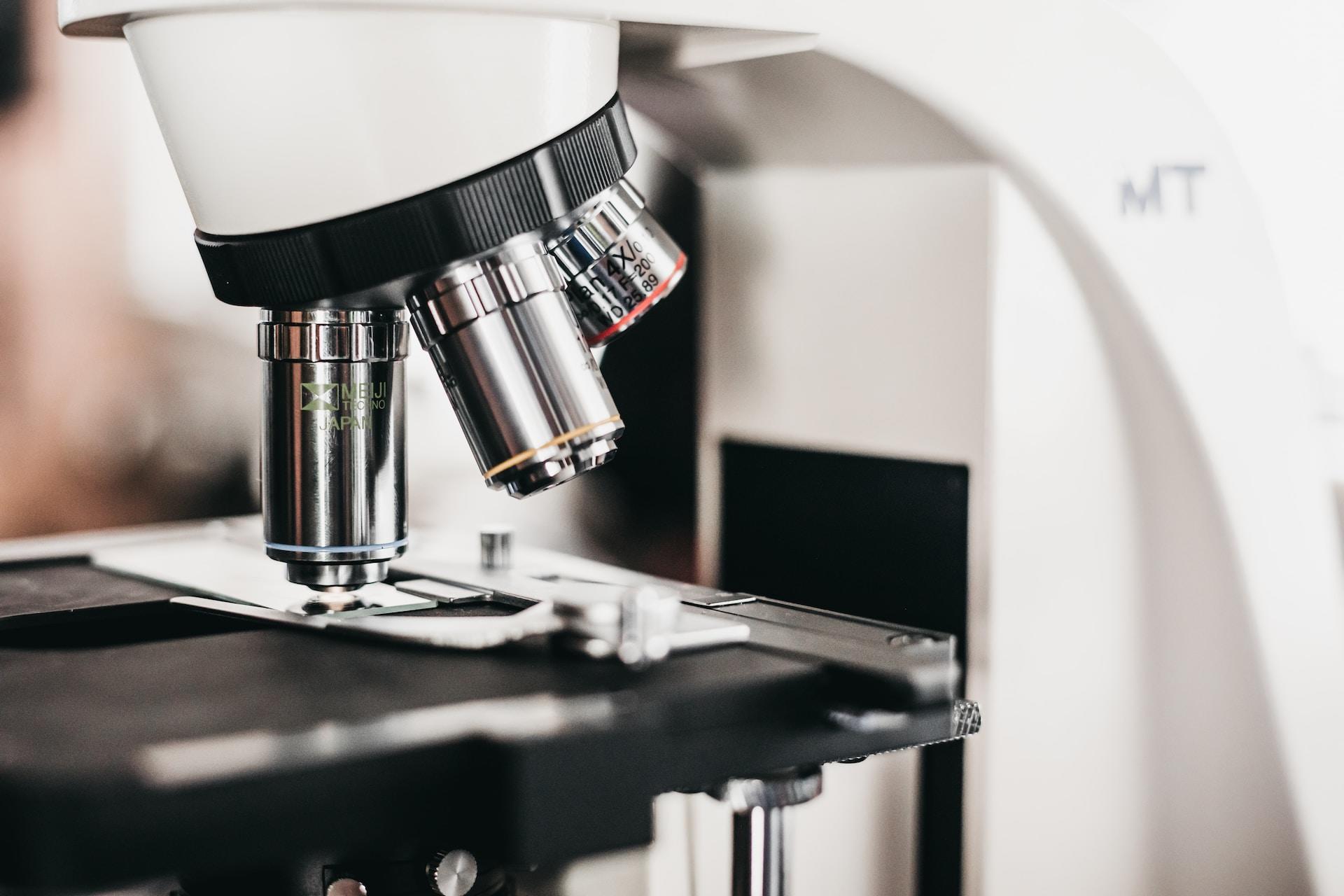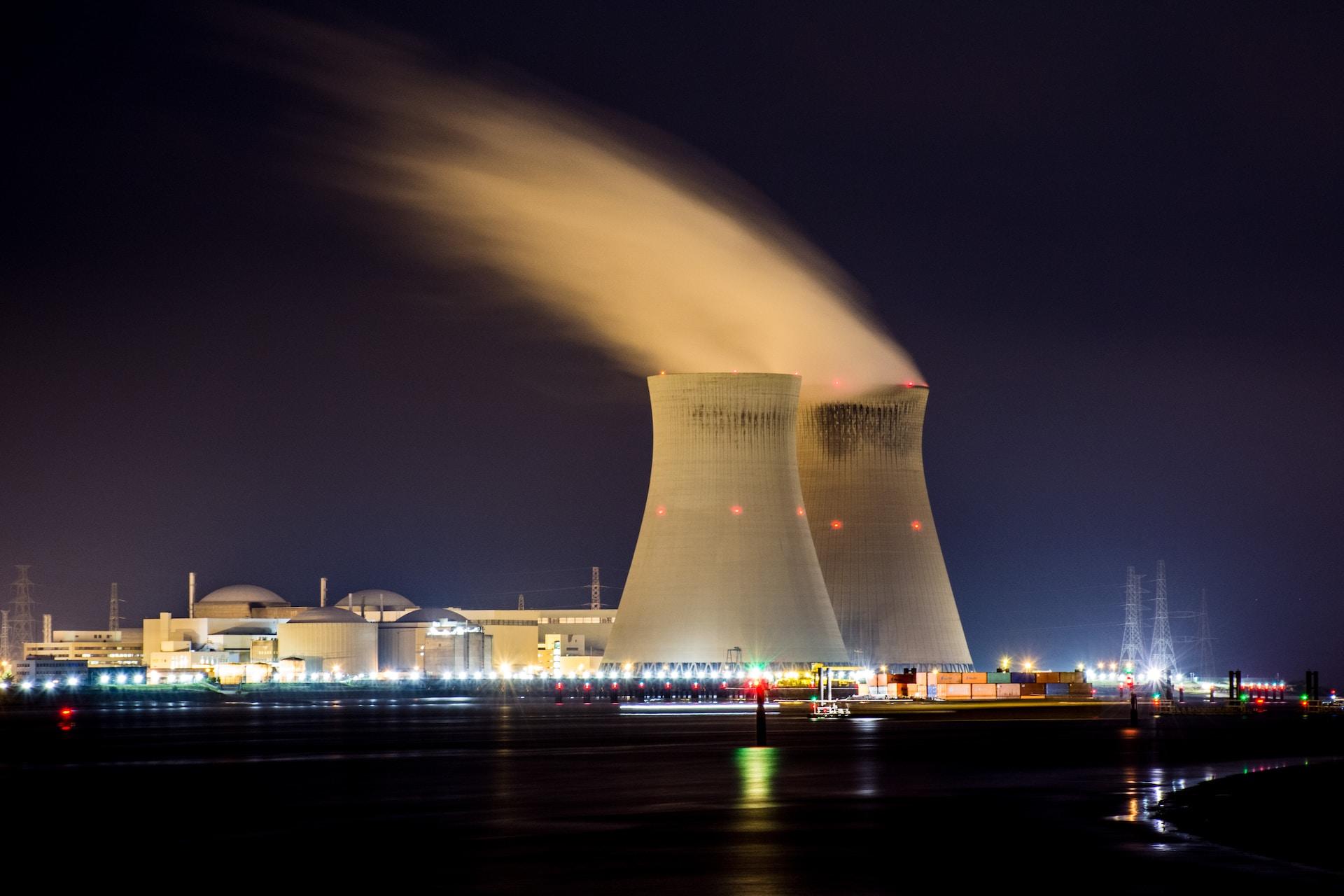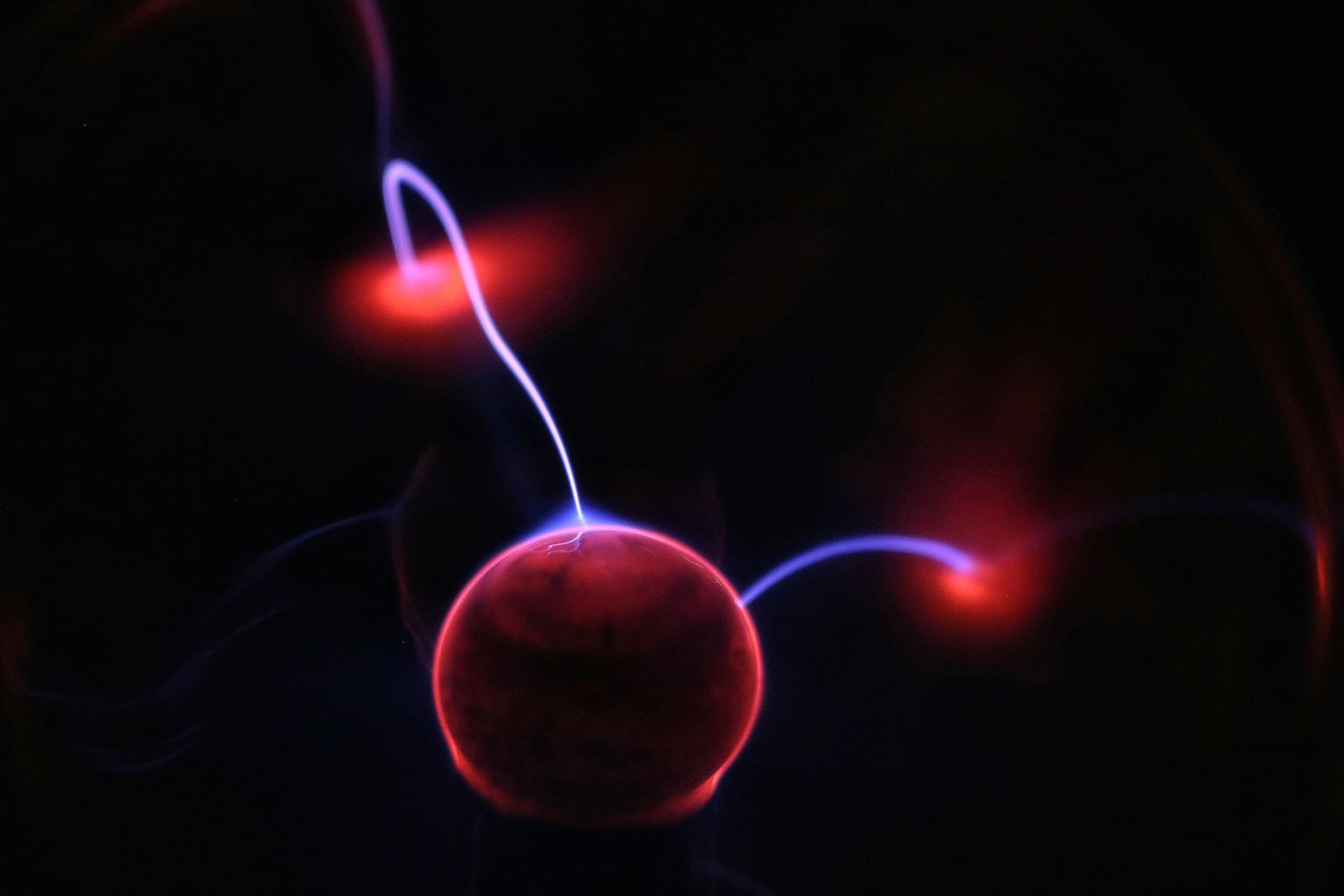Nothing in life is to be feared, it is only to be understood.
Marie Curie
Are you thinking about studying nuclear physics? It is one of the most exciting and demanding areas of science. While science itself can be challenging, nuclear physics stands out because it explores the heart of matter and the energy that drives the universe. This field is constantly evolving as researchers search for new ideas, perform experiments, and build on existing knowledge. To do well, nuclear physicists need curiosity, focus, and a strong commitment to learning. Although studying nuclear physics can be tough, it is also deeply rewarding. It helps us understand how the world works and leads to discoveries that shape medicine, energy and technology.
So, what do you need to study nuclear physics?

Understanding Nuclear Physics
Before looking at why nuclear physics can be difficult, it helps to understand what it actually covers. This section explains what nuclear physics is, what it studies, and the basic ideas you should know before committing to a career in physics!

What Is Nuclear Physics?
Nuclear physics is the study of atomic nuclei, their structure and their interactions. It focuses on how protons and neutrons behave inside the nucleus and what happens when they are rearranged, split or fused. Scientists in this field look at both the smallest particles in nature and the enormous energy they produce. The same principles that explain how the sun generates energy also guide nuclear power plants and medical imaging tools! Nuclear physics also connects to other sciences such as chemistry, astronomy and engineering. It helps explain how stars form elements, how radiation can be used to treat cancer and how nuclear reactions provide energy. That being said, many career paths are possible in physics!
Are you looking for physics lessons online? Here is a great intro to physics on YouTube!
Key Concepts in Nuclear Physics
Before studying the subject, it helps to understand some basic physics ideas. Here are a few that we have selected for you to start!
The Atomic Nucleus
The nucleus is the dense center of an atom made of protons and neutrons. These particles are held together by the strong nuclear force, which is one of the four main forces in nature.
Radioactivity
Some nuclei are unstable and naturally break apart over time. This process, called radioactive decay, releases energy in the form of radiation.
Fission and Fusion
Fission happens when a heavy nucleus splits into smaller ones. Fusion occurs when two light nuclei join to form a heavier one. Both reactions release large amounts of energy.
Energy-Mass Relationship
Einstein’s equation, E = mc², shows that mass and energy are linked. This idea explains how nuclear reactions release so much power.
Nuclear Models
Scientists use models to describe how particles behave inside the nucleus. One example is the shell model, which shows how protons and neutrons fill energy levels similar to electrons in atoms.
These ideas form the foundation of nuclear physics and prepare students to understand more advanced topics later on!
Nuclear physics is not just about theory or equations. It has many applications that touch everyday life. In medicine, it helps doctors use radiation safely for imaging and cancer treatment. In energy, it powers reactors that produce electricity with very little carbon emission. In space exploration, it helps scientists understand how stars generate energy and how elements are formed. These uses show how studying the structure of atoms can lead to technology that benefits society and protects the environment!
Assessing the Difficulty of Nuclear Physics
Alright! Now that you have a sense of what nuclear physics involves, it is time to look at why many people find it difficult. This section explores the main challenges, the background knowledge required, and the myths that often discourage students. Let's get started!
Are you looking for a quantum physics classes?
Academic Challenges
Nuclear physics is known for being one of the hardest areas in science. It involves complex theories, detailed calculations and abstract ideas. Much of it cannot be observed directly, so students rely on mathematics and models to describe what happens inside atoms. The subject uses advanced math, including calculus and quantum equations, to explain how particles interact. Learning to solve these problems takes patience and practice!
Did you know that just one gram of uranium-235 can produce around 24 million kilowatt-hours of energy when it undergoes fission? That’s enough electricity to power an average home for more than 2,000 years. It’s incredible how much energy is hidden inside something so small!
Laboratory work can also be demanding, since experiments often use specialized equipment such as particle detectors and accelerators. Another challenge is that the field changes rapidly. As new discoveries are made, theories are updated, which means students and researchers must keep learning throughout their careers. Even with these difficulties, many students find nuclear physics satisfying because it reveals how energy and matter are connected. Physics allows you to uncover some of the biggest mysteries! How cool is that?
Prerequisite Knowledge
Before starting nuclear physics, students should build a strong foundation in related subjects.
- Mathematics: A solid understanding of algebra, calculus and differential equations is necessary. These tools are used to describe motion, energy and probability in physics.
- Classical Physics: Basic topics such as mechanics, electromagnetism and thermodynamics help students understand how forces and energy work in general.
- Quantum Mechanics: This is one of the most important prerequisites. Nuclear behavior follows quantum laws, so you must understand wave functions, probabilities, and energy levels.
- Chemistry: Knowing atomic structure and chemical reactions helps when studying isotopes and radioactive elements.
Students who take time to review these areas often find nuclear physics more approachable and less intimidating.

Common Misconceptions
Many people have misunderstandings about nuclear physics that make it seem harder than it is! A common belief is that nuclear physics only deals with weapons. While nuclear technology has been used in warfare, most nuclear physicists work on peaceful projects like medical treatments, clean energy, and research. Another misconception is that only geniuses can study nuclear physics. The truth is that success comes from steady effort and curiosity, not brilliance alone. With good study habits and support, anyone can make progress! Finally, some think that nuclear physics has limited job opportunities. In reality, it opens doors in medicine, energy, engineering and research. The skills learned are valuable in many industries! Discover all the careers opportunities in physics in our next article.
Speaking of misconceptions, here is an interesting YouTube video on a misconception in physics! Why does energy disappear in General Relativity? Find out here!
Pathways to Mastering Nuclear Physics
After understanding the challenges, the next step is learning how to succeed in this field. This section outlines the education paths, important skills and practical strategies that help students overcome obstacles and build confidence!
Educational Routes
Studying nuclear physics follows a steady path that builds knowledge step by step. Below is a simple timeline that shows how most students progress through their education in this field!
High School
This is where your foundation begins, focusing on math, physics, and chemistry. Taking advanced science courses will prepare you for the problem-solving and analytical thinking needed later. Getting involved in science fairs or research projects can also strengthen your interest and understanding of physics.
Bachelor’s Degree
During an undergraduate degree in physics, students learn the core areas of science. Classes include mechanics, thermodynamics, electromagnetism, and introductory quantum physics. In the later years, students take nuclear physics courses and may begin basic lab research. Graduates at this level can work as research assistants, technicians, or continue to advanced studies.
Master’s Degree
A master’s degree allows students to specialize in nuclear or particle physics. The coursework includes nuclear reactions, radiation physics and quantum theory. Students also begin conducting research projects that apply theoretical ideas to experiments. This stage is important for gaining technical experience and focusing on a particular area of interest.
Doctorate
Doctoral programs involve several years of focused research under the supervision of experienced scientists. Students design experiments, analyze data and write a dissertation that contributes new knowledge to the field. Many doctoral students work with research facilities, national laboratories, or universities. After earning a PhD, they may become researchers, professors or work in advanced technical positions.
Postdoctoral Research and Professional Work
After completing a doctorate, many physicists spend time in postdoctoral research positions. This stage allows them to refine their expertise, publish scientific papers, and build professional connections. Later, they may move into permanent research, teaching or industry roles, depending on their interests.
This timeline shows that becoming a nuclear physicist takes time and dedication, but every step brings valuable experience and new opportunities to apply your knowledge in a career setting!
Essential Skills and Resources
Success in nuclear physics depends on both knowledge and mindset. A few essential skills make the process easier.
- Analytical Thinking: Breaking complex problems into smaller parts helps make abstract ideas clearer.
- Mathematical Confidence: Being comfortable with equations and numbers allows you to apply theory to real situations.
- Attention to Detail: Small errors in measurement or calculation can change results, so accuracy matters.
- Computer Skills: Many experiments rely on computer models and data analysis. Learning programming languages like Python or MATLAB is helpful.
- Teamwork and Communication: Much of physics research happens in teams. The ability to explain ideas clearly and collaborate is valuable.

Students can strengthen these skills by using a mix of resources such as textbooks, online materials, tutorials and private tutoring. Reading scientific journals and attending lectures also helps keep knowledge fresh and relevant!
Are you wondering how nuclear physics is important to society as well as your everyday life?
Overcoming Challenges
Learning nuclear physics is not easy, but it can be managed with the right approach. Here are some practical tips for staying motivated and improving understanding:
- Start with Fundamentals: Make sure you understand the basic principles of physics before moving to complex theories.
- Practice Regularly: Work on problems daily. Repetition helps you remember formulas and build problem-solving skills.

3. Study with Others: Discussing topics with classmates helps you see different perspectives and explanations
4. Ask for Help: If something is confusing, talk to your teacher or find a tutor. Getting help early saves time later.
5. Stay Curious: Explore topics beyond the classroom, such as nuclear energy, space science or radiation technology.
6. Be Patient: It takes time to understand new ideas. Keep going even if progress feels slow.
With steady effort and good study habits, students can overcome the challenges of nuclear physics and develop a deep appreciation for how nature works!
1. Review math and quantum mechanics regularly to strengthen your foundation.
2. Write short summaries after each class to keep new information fresh in your mind.
3. Watch science documentaries or online lectures too connect theory with real experiments.
4. Talk through difficult concepts with classmates or tutors to make ideas clearer.
What else can you do with nuclear physics?
How to Succeed with a Nuclear Physicist Tutor on Superprof?
Nuclear physics might sound intimidating, but it’s one of the most fascinating subjects you can study. It helps explain how the universe works and gives you the tools to solve real problems in energy, medicine, and technology. While it takes effort and focus, learning nuclear physics can be incredibly rewarding once everything starts to make sense.
If you ever feel stuck or want extra support, Superprof is a great place to find help. You can connect with friendly, experienced tutors who make complex ideas easier to understand. Lessons can be online or in person, and you can learn at your own speed. Whether you want to improve your grades, prepare for college, or simply explore your interest in physics, Superprof can help you stay motivated and confident as you learn. Find expert physics tutors near me when you search on Superprof!















